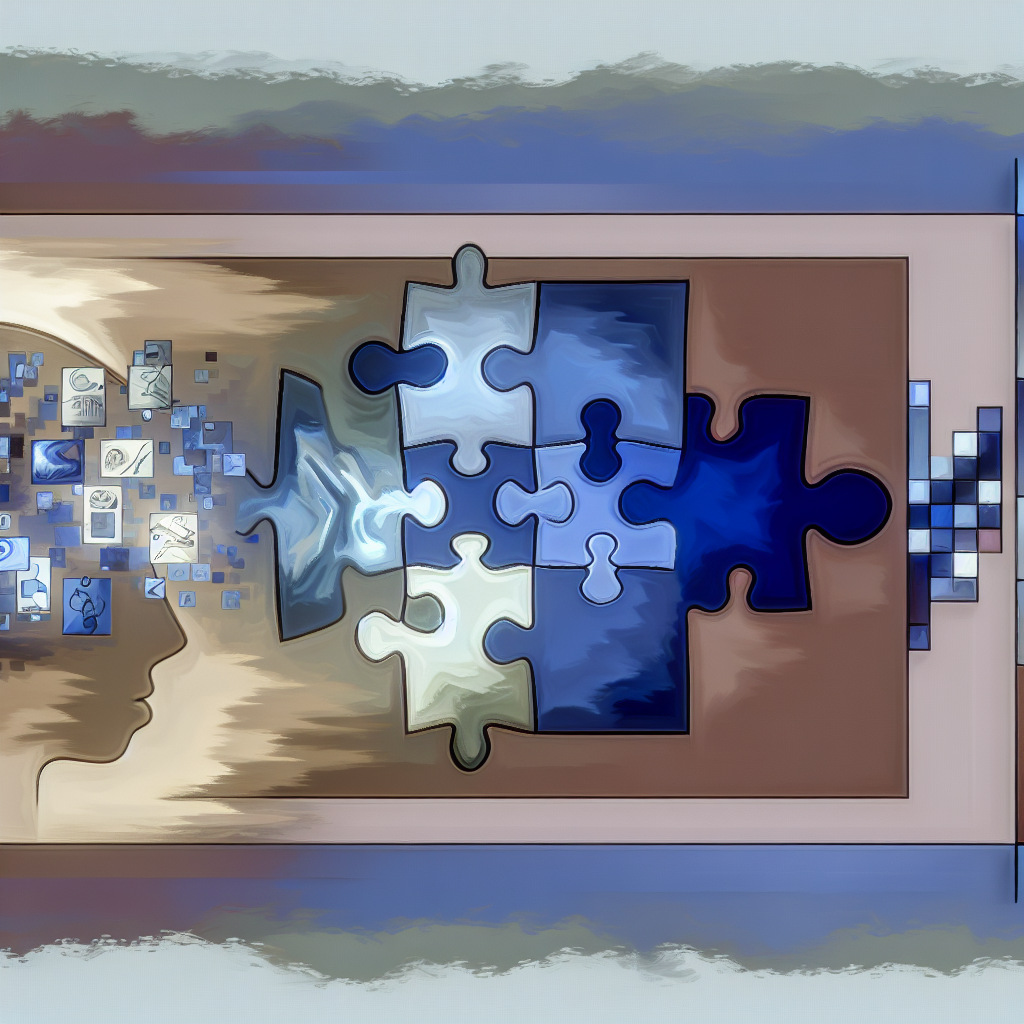How to Build Confidence for Dating: Self-Esteem Transformation
Confidence is magnetic. Whether you’re 18 or 80, confidence is one of the most universally attractive traits someone can possess when dating. And yet, it’s often the very thing many singles struggle with most. Confidence in dating isn’t just about looks or charm—it’s about how you perceive yourself, communicate your worth, and carry your story. It’s deeply rooted in self-esteem, which can be shaped by past relationships, life experiences, media consumption, upbringing, and even our inner narratives.
Dating in today’s digital world has made it both easier and harder to connect. With countless apps, curated profiles, and endless swipes, it’s simple to feel like you’re not good enough, smart enough, or attractive enough. This digital landscape, saturated with comparison culture, can erode our confidence, lead to anxiety, and even contribute to dating burnout.
For singles — whether you’re just stepping into the dating world or re-entering it after a breakup, divorce, or life change — developing dating confidence is essential for finding real, meaningful connection. This journey of self-esteem transformation doesn’t have to be overwhelming. It begins with a deliberate decision to invest in your own sense of worth and rewrite the inner dialogue that may be holding you back.
So how exactly do you get there? Let’s break down what dating confidence truly means: It’s not arrogance or bravado. It’s a quiet assurance and self-trust that allows you to show up authentically, set healthy boundaries, handle rejection with resilience, and engage with others from a place of curiosity and openness — not fear.
Confidence grows through action, not perfection. That means stepping outside your comfort zone, practicing vulnerability, tuning into your values, and gaining clarity on what you’re genuinely looking for in a partner. It’s also about nurturing your physical, mental, and emotional well-being — because feeling good about yourself radiates from the inside out.
This article is designed to guide you through that process, offering science-backed strategies, mindset shifts, and practical tips that will help you build unshakable confidence and transform your self-esteem—not just for dating, but for life.
The Science of Self-Esteem and Relationship Success
Science consistently supports the connection between self-esteem and effective interpersonal relationships, especially romantic ones. According to a study published in the Journal of Personality and Social Psychology, individuals with high self-esteem tend to form healthier, more secure, and more satisfying relationships. This is because they approach partners with a fundamentally positive self-view (Murray, Holmes, Griffin, 2000).
A healthy self-regard creates the foundation for better communication, emotional availability, and honest intimacy—all qualities essential for lasting connection.
Why Low Self-Esteem Leads to Dating Anxiety
Dating anxiety often stems from low self-esteem. This may manifest as fear of rejection, overthinking every move, second-guessing intentions, or even avoiding dating altogether. A 2011 study in the Journal of Social and Clinical Psychology found that individuals who practice self-compassion tend to have lower social anxiety and greater emotional resilience (Neff & Vonk, 2011).
Self-compassion, unlike self-esteem, isn’t based on external validation—it’s rooted in treating yourself kindly, accepting imperfections, and staying mindful. When brought into the dating world, this mindset allows you to bounce back faster from rejection and show up more confidently, just as you are.
Emotional Intelligence: The Secret Weapon in Confident Dating
Another powerful driver of dating confidence is emotional intelligence (EQ). According to research published in Personality and Individual Differences, individuals with higher EQ tended to have more dating success, stronger communication skills, and more emotional self-assurance (Schutte, Malouff, Bhullar, 2013).
Emotional intelligence helps you understand your emotions, read social cues, and navigate conversations with ease. It also aids in conflict resolution and increases emotional availability—two elements often essential in forming an authentic romantic connection.
Rewriting Inner Dialogue with Cognitive Behavioral Therapy
Cognitive Behavioral Therapy (CBT) has long been used to help people shift unhelpful thought patterns. Renowned psychologist Dr. Melanie Fennell’s research shows that self-esteem is not fixed—it’s a psychological habit that can be reprogrammed (Fennell, 1997).
By actively identifying and challenging negative inner narratives (like “I’m not good enough” or “They’ll never like someone like me”), CBT techniques allow you to replace them with realistic, empowering beliefs. This re-patterning boosts overall self-esteem and naturally elevates your dating confidence.
Purpose-Driven Living Makes You More Attractive
One of the quickest ways to build genuine confidence is to engage in meaningful, purpose-driven activities. Whether it’s volunteering, mastering a new skill, or setting and achieving personal goals—these activities release dopamine and serotonin, the brain’s “feel-good” chemicals.
This positivity carries over into your dating life. Having passions and purpose makes you more grounded, self-reliant, and interesting. When you lead with joy and ambition, you don’t just “look” confident—you live that energy, and others feel it too.
Physical Health Fuels Emotional Strength
Never underestimate how much your body supports your mind. Regular movement, restful sleep, and a nutritious diet are all linked to stronger mental health and improved self-esteem. According to Harvard Health Publishing, exercise alone is a powerful natural remedy for anxiety and depression — two major robbers of dating confidence.
When you treat your body with care, your brain rewards you with clarity, motivation, and resilience — all of which translate to greater presence and poise in your dating life.
Conclusion: Confidence is a Journey, Not a Destination
Building dating confidence is not about becoming someone else—it’s about becoming more of who you truly are. Through self-esteem transformation grounded in science, emotional awareness, and intentional action, you can start creating deeper, more authentic romantic connections.
Remember: the most attractive trait you can wear on any first date is the belief that you are enough. Show up as your full self, rooted in worth and openness—and the right people will be drawn to your light.
References
- Murray, S. L., Holmes, J. G., & Griffin, D. W. (2000). Self-Esteem and the Passionate Interpersonal Pursuit of Love. Journal of Personality and Social Psychology.
- Neff, K. D., & Vonk, R. (2011). Self-compassion versus global self-esteem. Journal of Social and Clinical Psychology.
- Schutte, N. S., Malouff, J. M., & Bhullar, N. (2013). The role of emotional intelligence in romantic relationships. Personality and Individual Differences.
- Fennell, M. J. V. (1997). Low self-esteem: A cognitive perspective. Behavioural and Cognitive Psychotherapy.
- Harvard Health Publishing. Exercise is an all-natural treatment to fight depression.
Concise Summary:
Building confidence for dating is essential for finding meaningful connection. This article explores the science behind self-esteem and relationship success, the link between low self-esteem and dating anxiety, the power of emotional intelligence, cognitive behavioral therapy for rewriting inner dialogue, the benefits of purpose-driven living, and the importance of physical health in fueling emotional strength. By implementing these science-backed strategies, readers can transform their self-esteem and cultivate unshakable dating confidence.

Dominic E. is a passionate filmmaker navigating the exciting intersection of art and science. By day, he delves into the complexities of the human body as a full-time medical writer, meticulously translating intricate medical concepts into accessible and engaging narratives. By night, he explores the boundless realm of cinematic storytelling, crafting narratives that evoke emotion and challenge perspectives. Film Student and Full-time Medical Writer for ContentVendor.com



